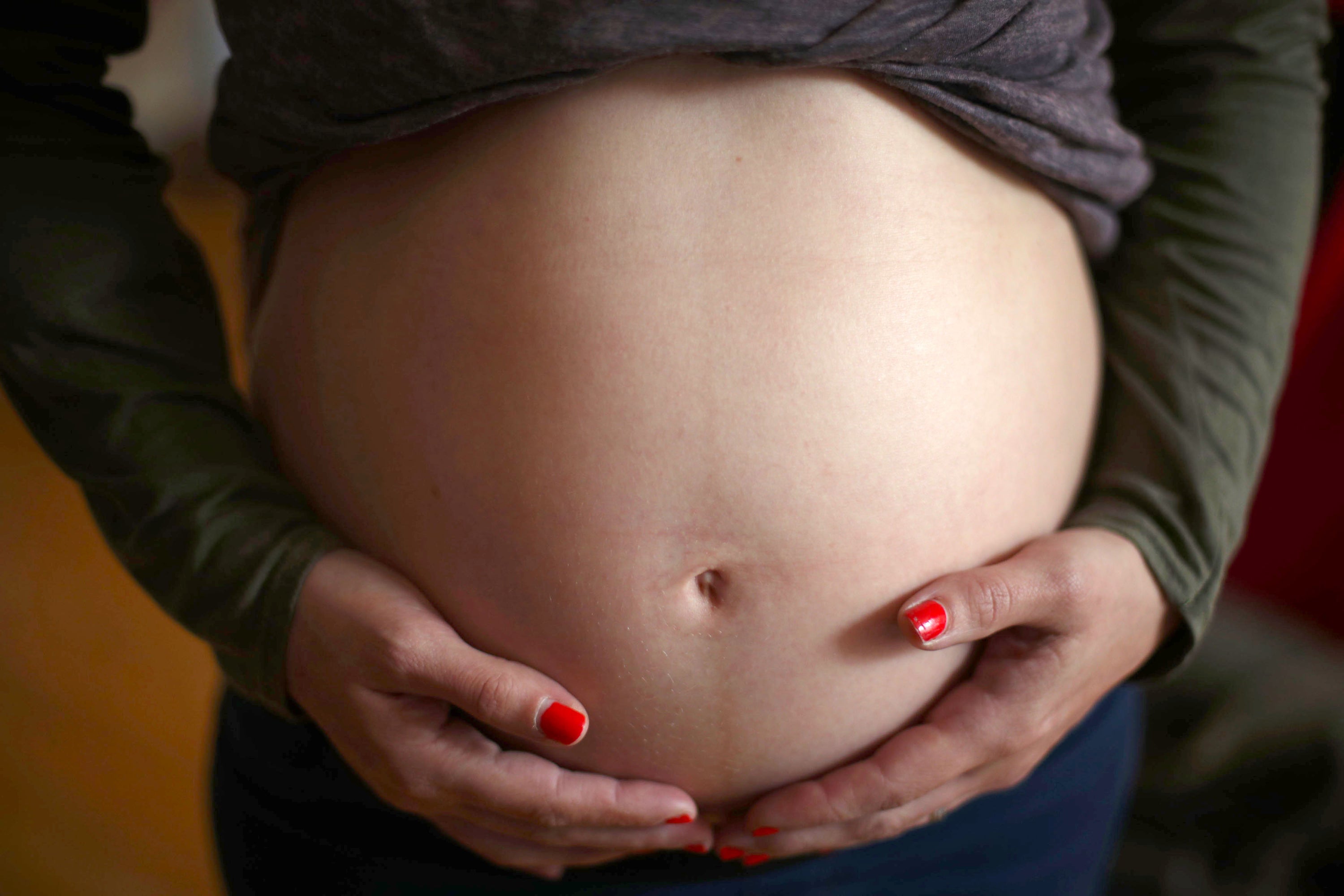Pregnancies fell in 2020 for fifth year in a row, data shows
There were 817,515 conceptions in women aged 15 to 44, down from 821,089 in 2019.

Your support helps us to tell the story
From reproductive rights to climate change to Big Tech, The Independent is on the ground when the story is developing. Whether it's investigating the financials of Elon Musk's pro-Trump PAC or producing our latest documentary, 'The A Word', which shines a light on the American women fighting for reproductive rights, we know how important it is to parse out the facts from the messaging.
At such a critical moment in US history, we need reporters on the ground. Your donation allows us to keep sending journalists to speak to both sides of the story.
The Independent is trusted by Americans across the entire political spectrum. And unlike many other quality news outlets, we choose not to lock Americans out of our reporting and analysis with paywalls. We believe quality journalism should be available to everyone, paid for by those who can afford it.
Your support makes all the difference.The number of women getting pregnant in England and Wales has fallen for the fifth year in a row, figures show.
Women are increasingly likely to conceive at an older age, while pregnancies among under 18s have plummeted by 17% in a year, according to data from the Office for National Statistics (ONS).
Experts suggested the coronavirus pandemic and accompanying restrictions had affected women differently according to their age, with younger women less likely to have been co-habiting with partners.
Overall, there were 817,515 conceptions in 2020 to women aged 15 to 44, down very slightly from 821,089 conceptions in 2019.
Conceptions among younger women continued to fall, but rose among women aged over 30, hitting a record high for those between 30 and 34.
This age group had the highest number of women getting pregnant for the fourth year in a row, with 248,528 conceptions in 2020 and a conception rate of 123.9 per 1,000 women of that age.
For the previous four years, women over 40 had been the only age group to see an increase in rates.
The number of teenage pregnancies to girls under 18 fell by 17% from 15.8 conceptions per 1,000 girls in 2019 to 13.1 conceptions per 1,000 in 2020.
This was the age group with the biggest decrease and continues a falling trend and record lows seen since 2007.
London was the region with the biggest fall in conception rates over the past decade, down 15% since 2009, with the highest conception rate now in the North West.
The ONS said the overall fall in women getting pregnant has not led to a drop in births.
Dr James Tucker, head of health and life events analysis at the ONS, said: “Today’s data show there was an overall drop in conceptions in England and Wales in 2020.
“Although it may be expected that this would have led to a drop in births in 2021, provisional births data indicate that 2021 births actually increased, but that this varied over the year.
“The first half of 2021 saw a decrease in births, all of which would have been conceived in 2020 when conceptions decreased; while the second half of 2021 saw an increase in births, which related to conceptions at the end of 2020 and beginning of 2021.
“The figures also show conceptions among women aged over 30 years have risen, while continuing to drop for those in the younger age groups.”
Around a quarter (25.3%) of conceptions in 2020 resulted in an abortion.
The British Pregnancy Advisory Service said the pandemic and measures introduced in response “have clearly had very different impacts” on the reproductive choices of women of different ages and backgrounds.
Spokeswoman Katherine O’Brien said: “Lockdown restrictions which prevented socialising with anyone other than members of your own household will have had a greater impact on women in younger age groups, who will be less likely to have been co-habiting with partners.
“This may be reflected in the sharp decrease in conception rates among those aged under 20, with conceptions rates among under-18s now standing at a record low having fallen by 17% between 2019 and 2020.”
She said women on low incomes will be “feeling a deep sense of anxiety” about their employment prospects and finances amid the cost-of-living crisis, adding “these challenges are playing a very significant role in pregnancy decision making”.